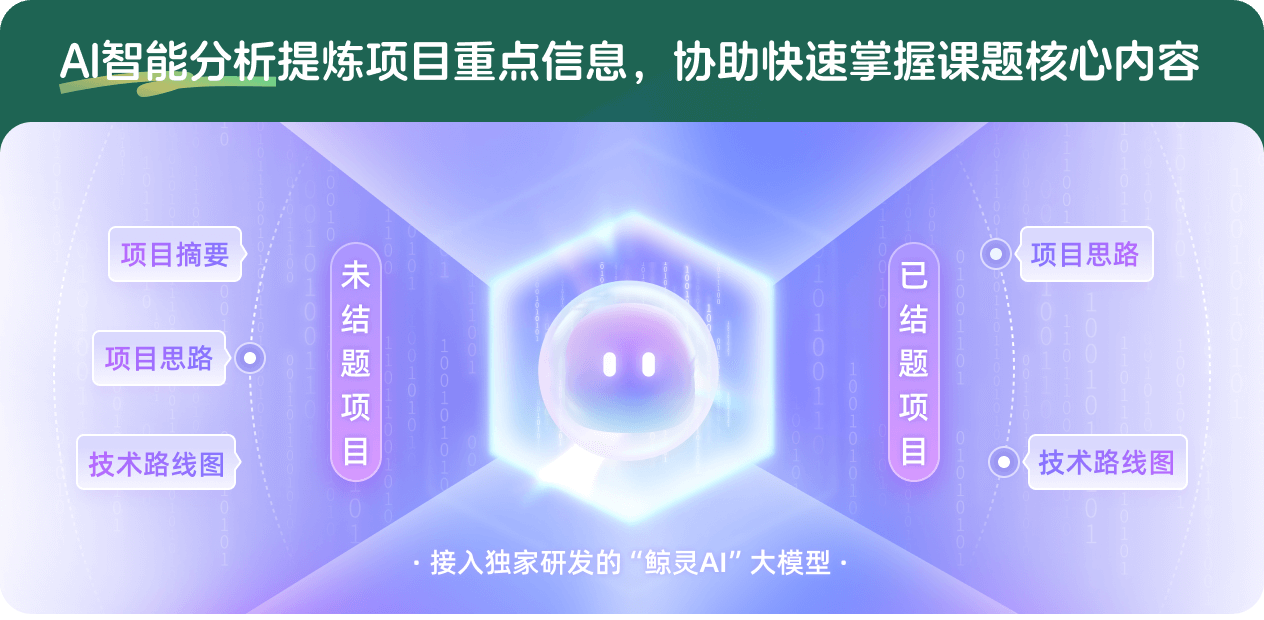贫困人口远程医疗:基于生态心理学的理论构建与机制设计
项目介绍
AI项目解读
基本信息
- 批准号:71701110
- 项目类别:青年科学基金项目
- 资助金额:19.0万
- 负责人:
- 依托单位:
- 学科分类:G0112.信息系统与管理
- 结题年份:2020
- 批准年份:2017
- 项目状态:已结题
- 起止时间:2018-01-01 至2020-12-31
- 项目参与者:罗裕梅; Arun Rai; 李志杰; 冯碧怡; 王伶俐;
- 关键词:
项目摘要
Still up to 40 million people live at or below the international poverty line (USD $2/day) in China today, most of whom dwell in rural areas and lack socio-economic capital to access healthcare facilities and services. Telemedicine services are an emergent joint initiative of healthcare organizations, national and local governments, and not-for-profit non-governmental organizations (NGOs) with the goal to alleviate the health divide for the underprivileged in rural areas of less developed countries. However, the underprivileged population characteristics and the infrastructure conditions in rural areas pose difficulties for physician-patient communication and hinder the effective utilization of telemedicine in the context given. This project proposes a decomposed affordance-effectivity framework which leverages the theoretical insights from ecological psychology and its recent application in understanding novel technology use and media use in the IS domain. We will combine variance and process epistemological approaches, collect multiple-source data, and apply corresponding mixed methods to investigate the phenomenon of interest. This project will have significant theoretical implications for how effective telemedicine can be designed to alleviate the health divide in rural areas of less developed countries, and more broadly about the actualization of technology affordances, as well as practical implications for hospital management and policy makers on how to better manage and allocate resources to help the underprivileged access to quality healthcare services.
我国现今仍有4000万贫困人口,尤其缺乏基础医疗设施和服务。远程医疗为解决贫困人口医疗需求的重要技术方案之一,受到我国政府和国际组织的广泛关注。而贫困人口素质低、农村偏远地区基础设施差等客观条件限制了远程医疗这一低成本新兴医疗服务的推广和普及。本课题立足于生态心理学,发展可供性-实效理论框架,通过方差和过程两种建模策略进行实证研究,着重研究医患沟通有效性的理论构建与机制设计。本课题计划收集多种数据类型并运用混合分析方法展开研究。研究成果将推进信息系统领域中科技有效使用的理论发展,并为医疗体系管理者和政府决策者提供在农村偏远地区推广和普及远程医疗的建设性意见。
结项摘要
在科技广泛应用于各个领域、方便人类工作生活的今天,健康医疗领域紧随商业领域成为第二大重要的科技应用领域。我国现有的4000万贫困人口,虽然已经相对普及基本科技基础设施,仍旧缺乏基础医疗设施和服务。远程医疗为解决贫困人口医疗需求的重要技术方案之一,受到我国政府和国际组织的广泛关注。然而,贫困人口素质低、农村偏远地区基础设施差等客观条件限制了远程医疗这一低成本新兴医疗服务的推广和普及。本项目立足于生态心理学,结合贫困人口远程医疗这一场景的特殊性对可供性-实效理论框架进行场景化理论发展,并结合多样化数据、多种分析方法及双重建模策略进行实证研究。其中方差建模研究收集和分析问卷数据,发现技术可供性对患者满意度的影响受到两个重要因素的调节—(a)患者疾病诊断复杂程度和 (b)患者对医疗需求的满足程度;过程建模研究结合远程医疗视频数据进行定性及定量分析,发现本地操作人员在医患沟通过程中的多重角色扮演是实现实现远程医疗科技有效使用的关键因素,用以补偿主要使用者的实效缺陷。本项目对医患沟通有效性的理论构建与机制设计有极大推动作用,研究方法及结果为设计适用于发展中国家贫困人群的远程医疗服务提供重要实践启示,并拓展了现有信息系统领域中有效科技使用的相关理论。在三年研究进展过程中,本项目同时收集了多种健康医疗科技(包括手术后康复app、疾病在线社区、医生专业社区)的使用行为数据,运用混合分析方法,结合不同的微观心理学理论展开多个子项目研究。研究成果将进一步推进信息系统领域中科技有效使用的理论发展,并为医疗体系管理者和政府决策者提供普适性的建设性意见。
项目成果
期刊论文数量(2)
专著数量(0)
科研奖励数量(0)
会议论文数量(6)
专利数量(0)
数据更新时间:{{ journalArticles.updateTime }}
{{
item.title }}
{{ item.translation_title }}
- DOI:{{ item.doi || "--"}}
- 发表时间:{{ item.publish_year || "--" }}
- 期刊:{{ item.journal_name }}
- 影响因子:{{ item.factor || "--"}}
- 作者:{{ item.authors }}
- 通讯作者:{{ item.author }}
数据更新时间:{{ journalArticles.updateTime }}
{{ item.title }}
- 作者:{{ item.authors }}
数据更新时间:{{ monograph.updateTime }}
{{ item.title }}
- 作者:{{ item.authors }}
数据更新时间:{{ sciAawards.updateTime }}
{{ item.title }}
- 作者:{{ item.authors }}
数据更新时间:{{ conferencePapers.updateTime }}
{{ item.title }}
- 作者:{{ item.authors }}
数据更新时间:{{ patent.updateTime }}
其他文献
其他文献
{{
item.title }}
{{ item.translation_title }}
- DOI:{{ item.doi || "--" }}
- 发表时间:{{ item.publish_year || "--"}}
- 期刊:{{ item.journal_name }}
- 影响因子:{{ item.factor || "--" }}
- 作者:{{ item.authors }}
- 通讯作者:{{ item.author }}

内容获取失败,请点击重试

查看分析示例
此项目为已结题,我已根据课题信息分析并撰写以下内容,帮您拓宽课题思路:
AI项目摘要
AI项目思路
AI技术路线图

请为本次AI项目解读的内容对您的实用性打分
非常不实用
非常实用
1
2
3
4
5
6
7
8
9
10
您认为此功能如何分析更能满足您的需求,请填写您的反馈:
相似国自然基金
{{ item.name }}
- 批准号:{{ item.ratify_no }}
- 批准年份:{{ item.approval_year }}
- 资助金额:{{ item.support_num }}
- 项目类别:{{ item.project_type }}
相似海外基金
{{
item.name }}
{{ item.translate_name }}
- 批准号:{{ item.ratify_no }}
- 财政年份:{{ item.approval_year }}
- 资助金额:{{ item.support_num }}
- 项目类别:{{ item.project_type }}